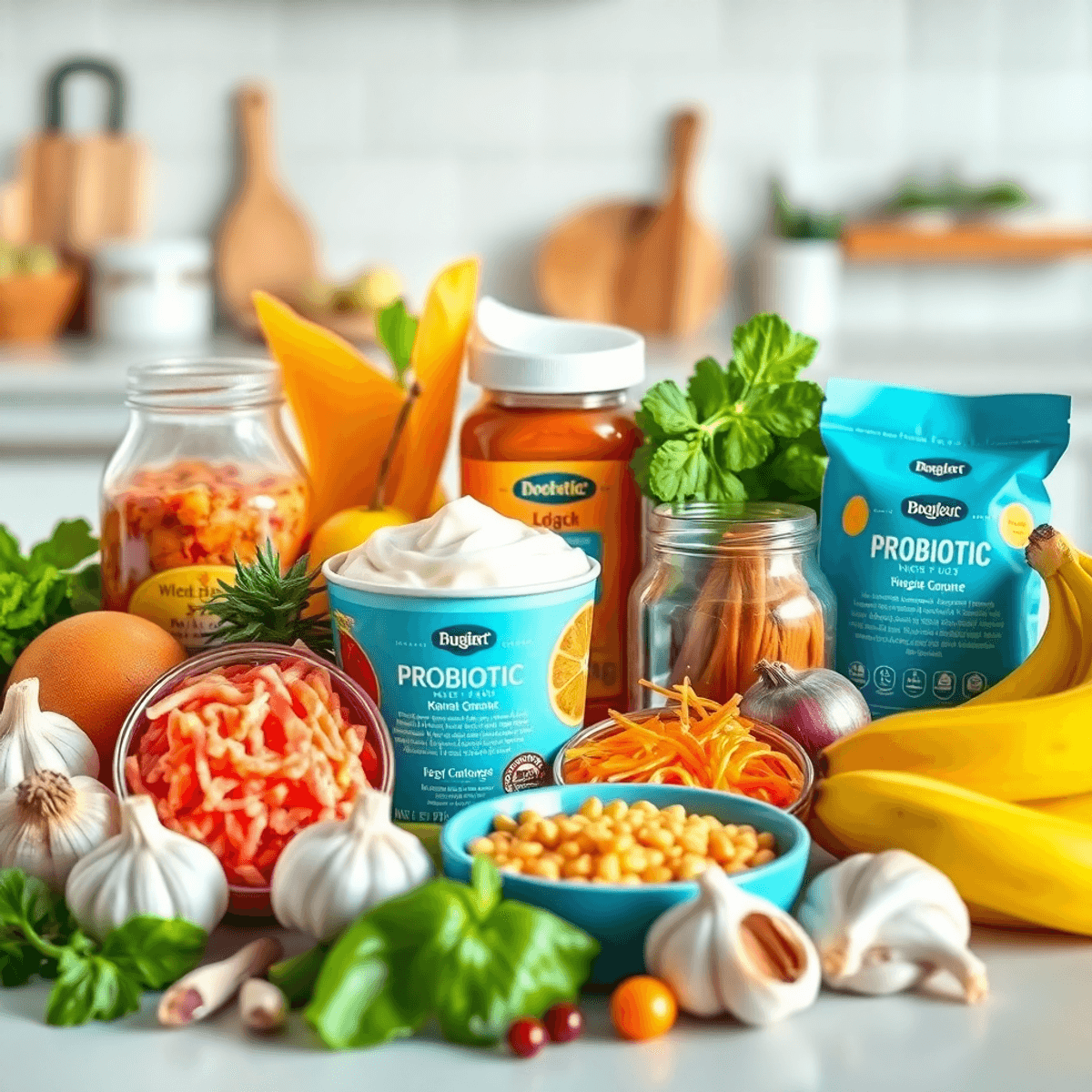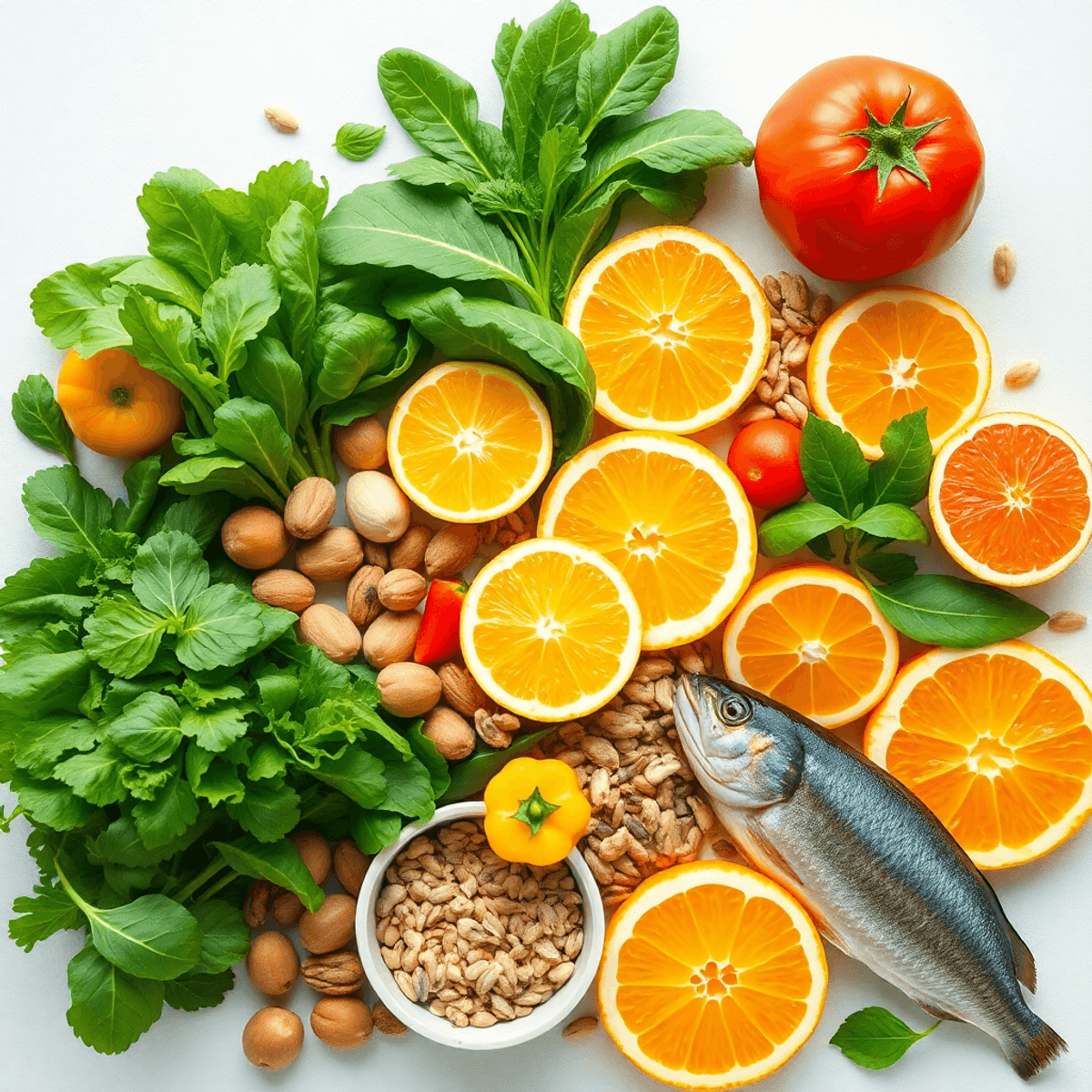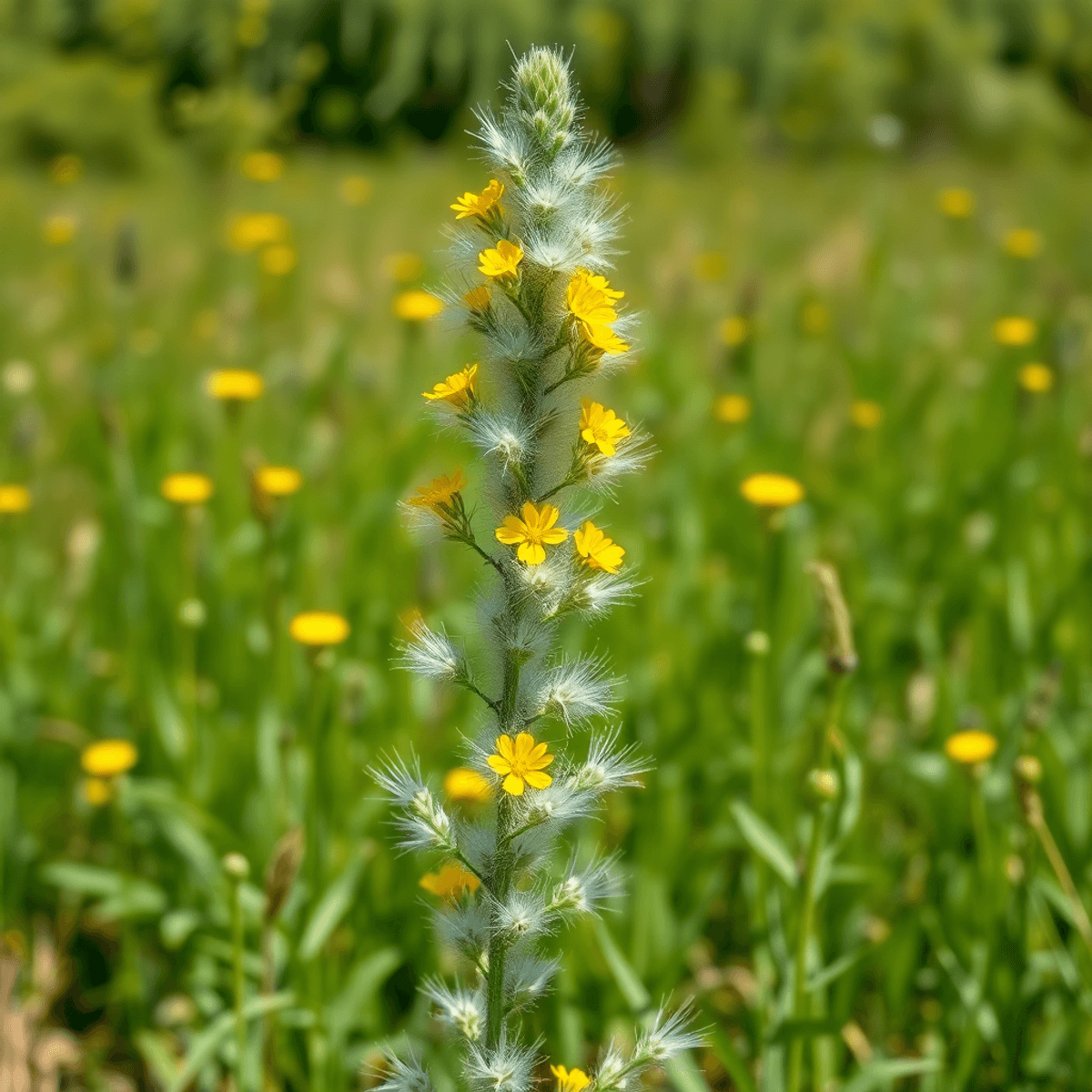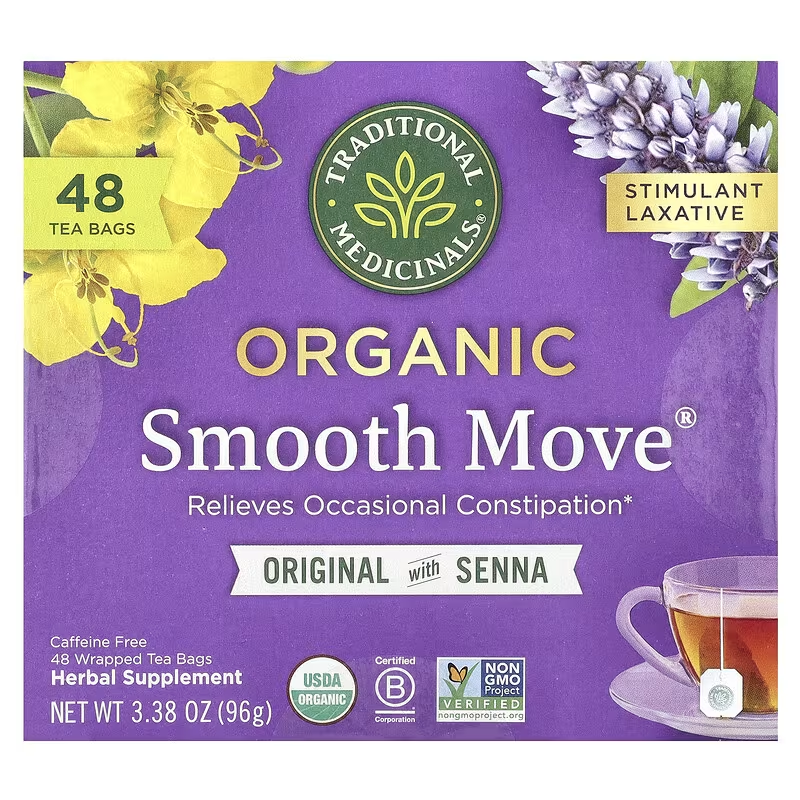Using Natural Herbs to Heal the Gut Lining: A Comprehensive Guide
In recent years, the link between gut health and overall well-being has gained immense attention. A healthy gut not only aids in proper digestion but also plays a crucial role in immune function, mental health, and chronic disease prevention. Among the many methods to support gut health, natural herbs stand out as a time-tested, effective solution to heal the gut lining. This blog post will explore the benefits of using herbs for gut health, backed by research and practical tips for incorporating them into your daily routine.
Understanding the Gut Lining and Its Importance
The gut lining, or the intestinal barrier, is the body’s first line of defense against harmful pathogens and toxins. It comprises a single layer of cells that separate the gut lumen from the rest of the body. This barrier plays a pivotal role in nutrient absorption and immune system regulation.
Why the Gut Lining Matters
A compromised gut lining can lead to increased intestinal permeability, commonly known as “leaky gut.” This condition allows toxins and bacteria to enter the bloodstream, triggering inflammation and a host of health issues, including autoimmune diseases, allergies, and even mental health disorders.
Statistics reveal that approximately 60-70 million Americans suffer from digestive diseases, highlighting the need for effective gut health solutions. Natural herbs offer a promising approach to healing the gut lining due to their anti-inflammatory, antimicrobial, and tissue-repairing properties.
The Best Natural Herbs for Gut Healing
Incorporating specific herbs into your diet can promote gut health and support the healing of the intestinal lining. Below, we explore some of the most effective herbs for this purpose.
1. Aloe Vera
Aloe vera is well-known for its soothing and healing properties, making it an excellent choice for those seeking to repair their gut lining. Rich in polysaccharides, aloe vera helps reduce inflammation and supports the growth of beneficial gut bacteria.
A study published in the “Journal of Research in Medical Sciences” demonstrated that aloe vera can significantly reduce symptoms of irritable bowel syndrome (IBS), a common gut disorder.
2. Slippery Elm
Slippery elm, derived from the bark of the Ulmus rubra tree, has been used for centuries to treat digestive issues. It contains mucilage, a gel-like substance that coats and soothes the gut lining, reducing irritation and promoting healing.
Research indicates that slippery elm can alleviate symptoms of conditions like IBS and inflammatory bowel disease (IBD), offering relief from discomfort and supporting gut health.
3. Marshmallow Root
Similar to slippery elm, marshmallow root is rich in mucilage, which forms a protective layer over the gut lining. This herb not only soothes inflammation but also enhances the regeneration of the gut barrier.
An analysis in the “Journal of Ethnopharmacology” highlights marshmallow root’s effectiveness in reducing inflammation and treating gastrointestinal conditions.
4. Licorice Root
Licorice root, specifically the deglycyrrhizinated form (DGL), is a powerful herb for gut healing. It stimulates mucus production, which protects the gut lining from damage and enhances healing.
Studies have shown that DGL licorice can be effective in treating peptic ulcers and other digestive issues, making it a valuable addition to a gut-health regimen.
5. Ginger
Ginger is renowned for its anti-inflammatory and antioxidant properties. It aids in digestion, reduces nausea, and supports the healing of the gut lining by decreasing inflammation.
Research published in the “World Journal of Gastroenterology” confirms ginger’s ability to alleviate gastrointestinal symptoms and promote gut health.
How to Incorporate These Herbs into Your Diet
Integrating these herbs into your daily routine can be simple and enjoyable. Here are some practical tips to help you get started:
Herbal Teas
Herbal teas are a convenient and effective way to consume gut-healing herbs. Consider brewing a cup of ginger tea in the morning or a soothing blend of slippery elm and marshmallow root in the evening.

Supplements
Herbal supplements are widely available and can offer a concentrated dose of gut-healing herbs. Look for high-quality, organic supplements from reputable brands to ensure efficacy and safety.
Cooking with Herbs
Incorporate fresh or dried herbs into your cooking to enhance both flavor and health benefits. Add ginger to stir-fries, use aloe vera gel in smoothies, or incorporate licorice root into your desserts for a unique twist.
Conclusion: Embrace the Power of Natural Healing
Healing the gut lining is a crucial step towards achieving optimal health and well-being. By incorporating natural herbs into your diet, you can support your body’s natural healing processes, reduce inflammation, and enhance gut health. Whether you choose to sip on herbal teas, take supplements, or cook with these powerful plants, embracing natural remedies offers a holistic approach to wellness.
As always, consult a healthcare professional before making significant changes to your diet or health regimen, especially if you have existing medical conditions or are pregnant or breastfeeding. Embrace the power of natural healing and take the first step towards a healthier gut today!
Discover more from NatureZen Market
Subscribe to get the latest posts sent to your email.











